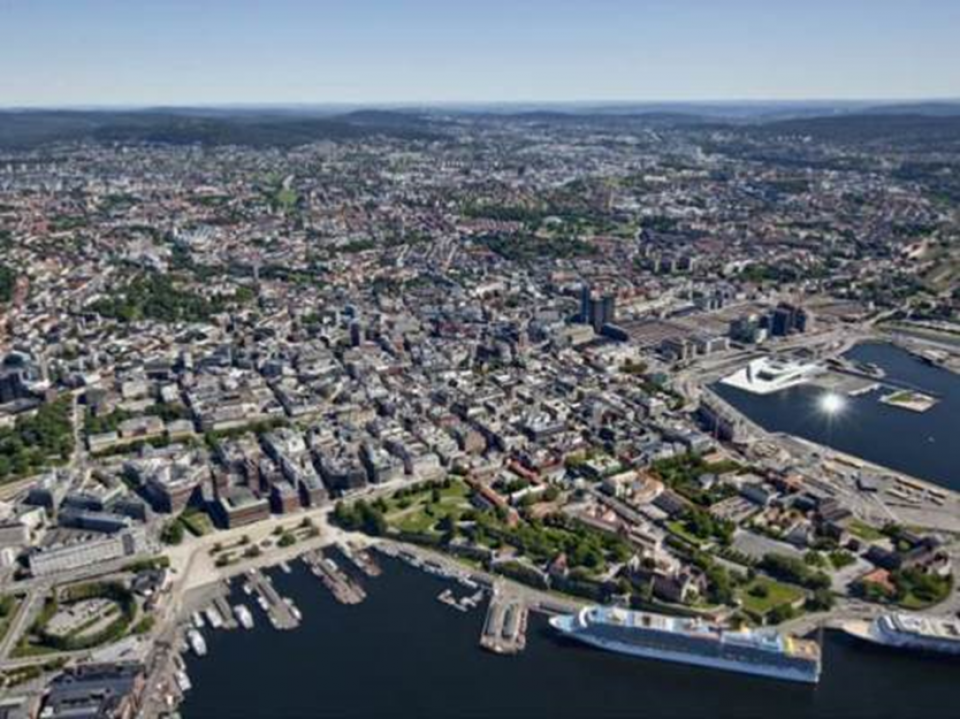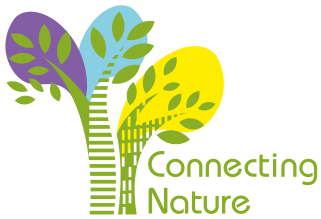
Oslo, South Eastern Norway. Population: 635 000 (2013), predicted to rise to 820 000 by 2030. Europe"s fastest growing capital city. Oslo Municipality Total area: 454 km2 ; Forest: 287 km2 ; Green space in built zone: 28 km2
Conducting an integrated assessment and valuation of urban ecosystem services, which supports urban management and decision-making in Oslo. This scrutinises the potential and limitations of the concepts of ecosystem services and natural capital in an urban and Norwegian context.
- Awareness raising about the current monetary value of blue-green structures for cultural ES.
- Assessment of property value added from blue-green structures and support for municipal property taxes.
- Mapping recreational values of urban forest in support of zoning.
- Applications for municipal assessment of environmental liability for city trees.
- Applications for scoring of property blue green factors.
Transferable methods: Hedonic property pricing. ESTIMAP of recreation and pollination potential. Blue-green structural diversity mapping. Transferable technologies: Smartphone applications for mapping property blue-green factors (BGF App); Smartphone application for mapping urban residents" recreational habitat (mAptivity); Application for surveying and assessing the compensation value of city trees; Online survey of recreational use
Nature in Oslo has a high monetary value. Despite this monetary value, ecological, socio-cultural and economic valuation methods must be combined in order to address the diversity of decision contexts and spatial scales for which assessments are needed by municipal planners.~
